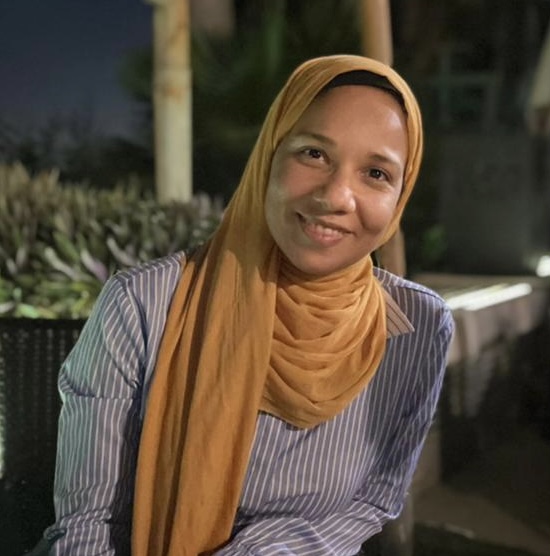Michelle M Pinzl
Recent social movements like Black Lives Matter, current events related to immigration crises around the world, and politics that have racialized the global COVID-19 pandemic have brought to light historic racial and class disparities in the United States, while calling to action communities across the nation. The role of interpreters and translators as both cultural brokers and facilitators of language access, is intrinsically linked to action for racial and social equality in our society. Interpreters and translators themselves, often members of minority groups, are not only negatively affected by racial policies in their workplaces, they also bear witness to racial injustices of Limited English Proficient individuals within medical, social, judicial and community contexts.
On the other hand, many interpreters in the US have the power to become instruments of cultural, ideological and political change because they are able to leverage their lived experience of marginalized identities as a direct contribution to linguistic justice. This presentation highlights the benefits of interpreters exploring their own intersecting identities in the interpreting classroom and other training spaces. Examining how privilege works to normalize some identities and cultural practices over others, may ultimately encourage community and empathy within interpreting and translation circles. Furthermore, it may help interpreters and translators identify instances where privilege manifests as racist behavior or has been established in racist policies, reproducing or perpetuating privileged and oppressive frameworks. Based on data collected from surveys and focus groups from T&I classrooms and workshops, this presentation outlines how identity building exercises, personal reflection and facilitated group discussion in T&I education may encourage interpreters to gain a deeper understanding of identity politics and privilege as they manifest. These techniques not only empower interpreters to continue advancing the profession, but also have the potential to mitigate the intersectional failures of language policy, while centering minoritized voices.
Michelle Pinzl (she/her/ella) is the Coordinator of the Community Interpreting Certificate and Assistant Professor at Viterbo University where she teaches Spanish, French and Interpreting Studies. She earned her Master’s degree in Foreign Languages and Intercultural Management from the Université de Limoges in France and is currently a PhD candidate at the Universitat Autónoma de Barcelona, in Spain. She is a certified Spanish<>English Court Interpreter for the State of Wisconsin and a certified Medical Interpreter through the Certification Commission for Healthcare Interpreters (CCHI). Michelle has been interpreting for social service agencies, schools, businesses, as well as various sectors of the farming industry in Wisconsin since 2006.

